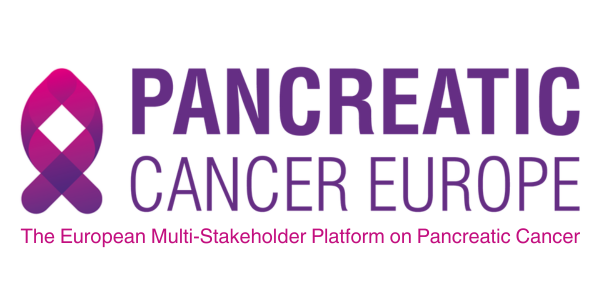News
Positive Preliminary Results from the PANCOSIL Phase 1-2 Study

Sydney, Australia – 18 September 2025: Pancreatic cancer treatment device company OncoSil Medical Limited (ASX:OSL) (“OncoSil” or “the Company”) is pleased to announce that the preliminary results of the PANCOSIL Investigator Initiated Study reveal that it is safe and feasible to deliver OncoSil™ by CT-guided percutaneous administration. The PANCOSIL trial results were presented by Dr. Danielle Vos from Amsterdam University Medical Center (Amsterdam UMC) in the Netherlands at the Cardiovascular and Interventional Radiological Society of Europe (CIRSE) 2025 Congress, held 13-17 September 2025 in Barcelona, Spain.
PANCOSIL Study Preliminary Results Reveal Multiple Key Outcomes
Safety: No procedure-related mortality was observed. Two (10%) of the 20 patients experienced Grade 3 Serious Adverse Device Effects (SADEs) by Common Terminology Criteria for Adverse Events (CTCAE) within 90 days; one procedure-related and one possibly device-related. Both patients recovered. There were no other procedure- or device-related events. The events were consistent with expectations for this patient population.
Feasibility: The technical success rate was 90%, demonstrating reliable and reproducible delivery of OncoSil™ via the percutaneous approach. The investigators concluded that it is feasible to perform implantation with patients’ conscious, thereby reducing the length of the procedure and post-procedure recovery.
Efficacy signals: Three (15%) patients demonstrated a partial response (PR) by Response Evaluation Criteria in Solid Tumours (RECIST) criteria compared to the tumour size prior to implantation and hence in addition to response from chemotherapy alone. Median overall survival (OS) was 20.6 months from diagnosis, comparing favourably to historical outcomes for LAPC OS of approximately 13 months.
Baseline Characteristics: A total of 20 patients were enrolled in the study, with each receiving a single dose of the OncoSil™ resulting in 100 Gy of radiation over 81 days (same treatment regimen as prior OncoSil™ studies). The median age of the patients was 62 years, with 11 males and 9 females participating.
The study investigators anticipate further analysis and results to follow including additional safety and adverse event data after 90 days, procedure and feasibility metrics and further survival data, which may form part of a future medical conference presentation and/or a scientific publication as determined by the study investigators given PANCOSIL was an investigator-initiated study. As a result of the PANCOSIL study, OncoSil is targeting further regulatory approvals in the second half of FY26 which relate to this innovative CT-guided percutaneous administration approach, which has the potential to transform the delivery of OncoSil™ therapy—offering treatment centres worldwide more flexibility with respect to local expertise and practice. The Company will initially seek a label expansion through a centralised process within the European Union and country specific approvals where required.
OncoSil is broadening its base of treating clinicians by engaging Interventional Radiologists (IRs), whose expertise in delivering minimally invasive oncology treatments, which is a high growth segment of the overall oncology market. In addition, this strategy strengthens multidisciplinary collaboration with Medical Oncologists and Surgeons, which the Company expects to increase adoption and integration into clinical practice over time.
PANCOSIL is an open-label, single-arm Phase 1–2 feasibility investigator-initiated study by Amsterdam UMC. The study is evaluating the safety and feasibility of CT-guided percutaneous radionuclide therapy using the OncoSil™ device in patients with non-progressive locally advanced pancreatic cancer (LAPC). The patients in the study had a median longest tumour diameter of 41mm and were implanted with OncoSil™ following a minimum 2 months of standard of care systemic chemotherapy.
Prof. Martijn Meijerink, Interventional Oncologist at Amsterdam UMC, said:
“The PANCOSIL study shows that percutaneous CT-guided implantation of the OncoSil™ device is safe and feasible, while offering encouraging signals of clinical benefit. This approach enables interventional radiologists to deliver the treatment with precision and reproducibility. In our view, this represents an important step towards making radionuclide therapy more widely available for patients with locally advanced pancreatic cancer, subject to regulatory approval.”
Nigel Lange, CEO & Managing Director of OncoSil Medical, said:
“We are greatly encouraged by the preliminary results of the PANCOSIL trial, in which the investigators concluded that OncoSil™ can be safely and effectively delivered using a percutaneous CT-guided approach. Importantly, this enables interventional radiologists to administer the treatment with precision and consistency, significantly expanding the potential reach of OncoSil™. These findings strengthen our clinical evidence base and mark another step forward in our mission to transform outcomes for patients with locally advanced pancreatic cancer.”


















